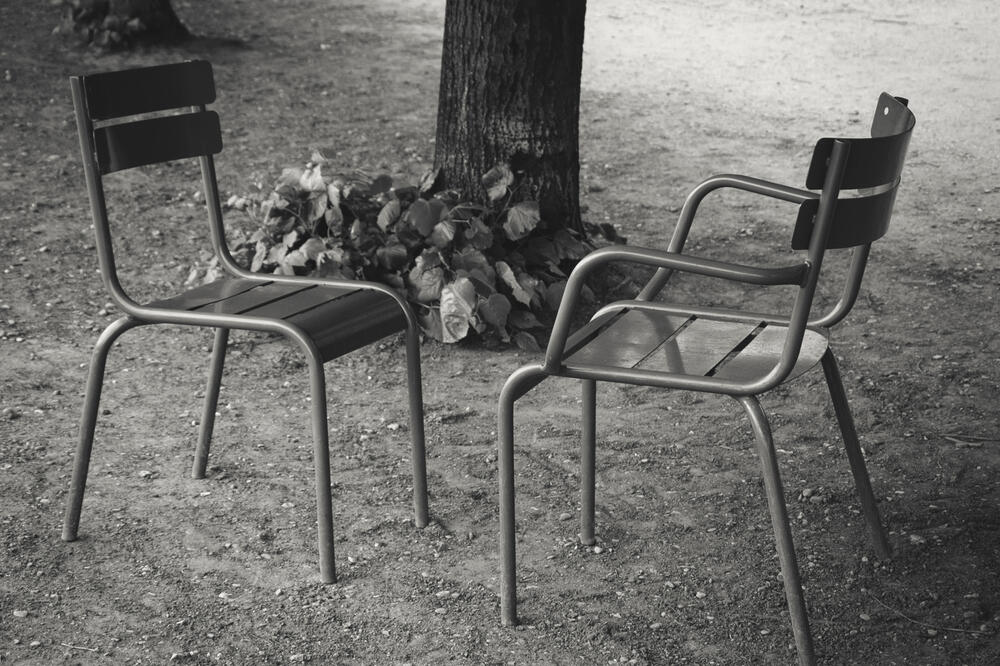We obviously do not agree on those issues, so we will not even discuss them; with these words, until recently the head of one of the symbolically most important - but, unfortunately, systematically and thoroughly degraded - academic-scientific institutions in this country, allegedly knew how to intervene and interrupt situations at meetings when debates started on topics that were clearly there were quite opposing views among those present. I am writing allegedly, because I did not witness the mentioned statement, but the source of the information is a very reliable witness, so I take it as a relevant reference.
The statement is, of course, tragicomic to say the least, but also contradictory and paradoxical. What's a debate without disagreement? Aren't differences in attitudes and opinions a conditio sine qua non for every form of communication that pretends to be a discursive confrontation? Does anyone else remember the good old theses about the dialectic of thought? It can, of course, be the other way around. What does a "discussion" look like in which it is calculated in advance with an assumed consensus in positions and counts on unconditional agreement? Is it a debate or is it something else, let's say an unquestioning indulgence in conclusions that have already been reached in advance? "Debate" as a pretense of democratic procedure, a fig leaf for absolutist unanimity. And that at an institution that, according to its social mandate, should be a leader in the spread and promotion of debate-debating culture.
The example is, I repeat, indicative and tragicomic, but by no means alone. Rather than confirming the rule of one space in its historical time, it represents a sporadic exception, because we have been witnessing an interesting, but not accidental, phenomenon for decades now. The older and more mature the nominal democratic culture of the parliamentary multi-party system, the narrower the real public, media and internal institutional spaces for real debate-argumentative confrontations and critical-argumentative interventions in the reality of the existing economic-political, social reality.
The paradox, I say, is only apparent. It cannot be otherwise in the type of systemic organization of society whose habitus is inherently intertwined with corruption, clientelism, nepotism, constant struggles for monopoly, power and control... Capitalism, in short. With the important addition that this is not about any alienation or atavism of transitional capitalism from the periphery. There is no lagging behind "because of mentality", as some libertarian-neoconservative interpreters of our social reality often like to tell us. And then all that would be left for us to do is to bow down and cover our ears like immature children. In contrast to such platitudes, we are talking about the very essence of capitalism as such. A system that is deeply undemocratic at its core, so the statement from the beginning can be used as its slogan or motto.
Bonus video:




